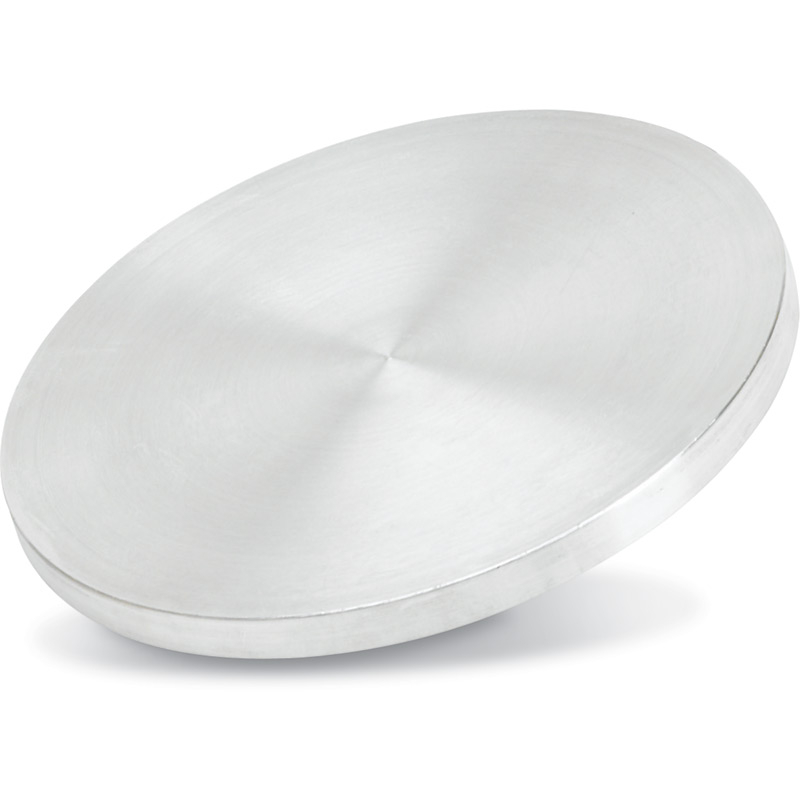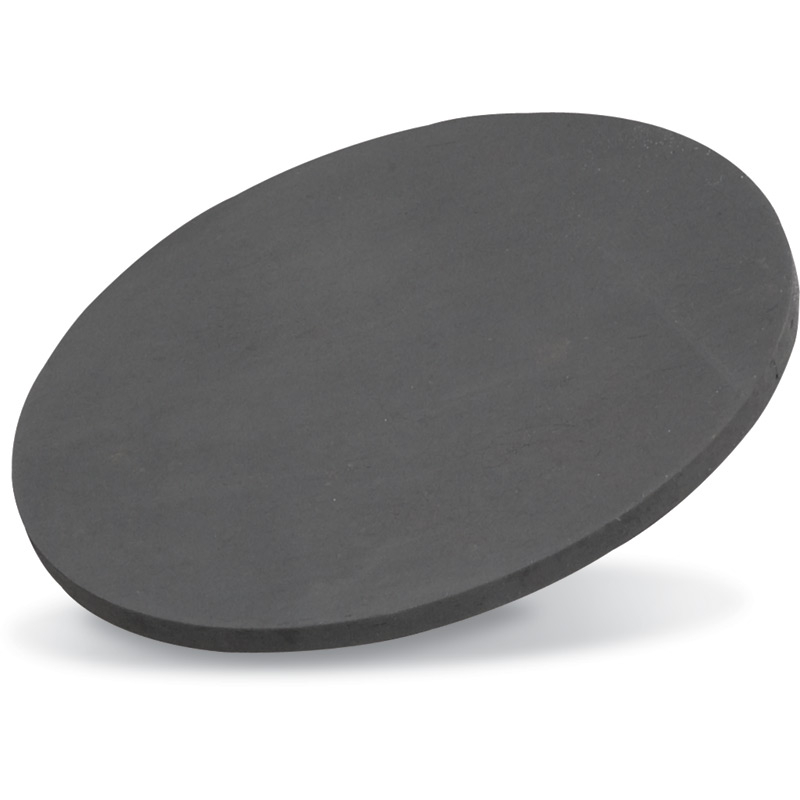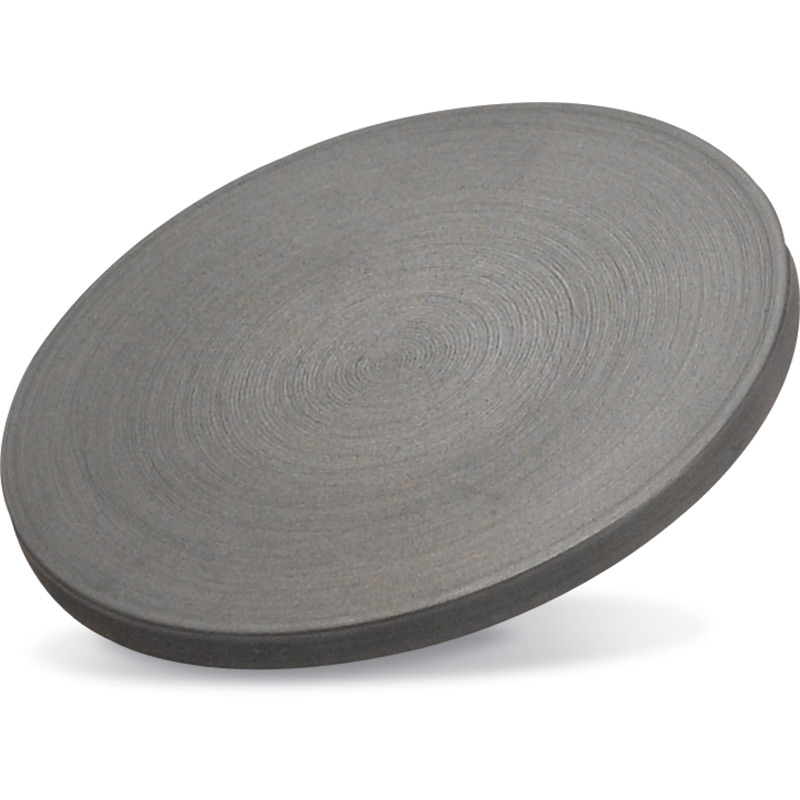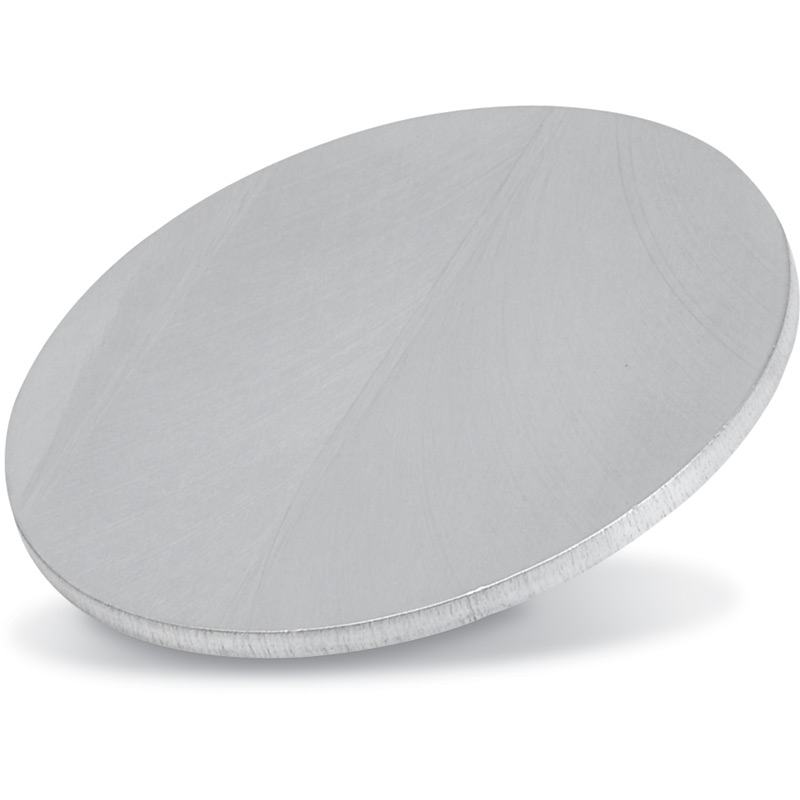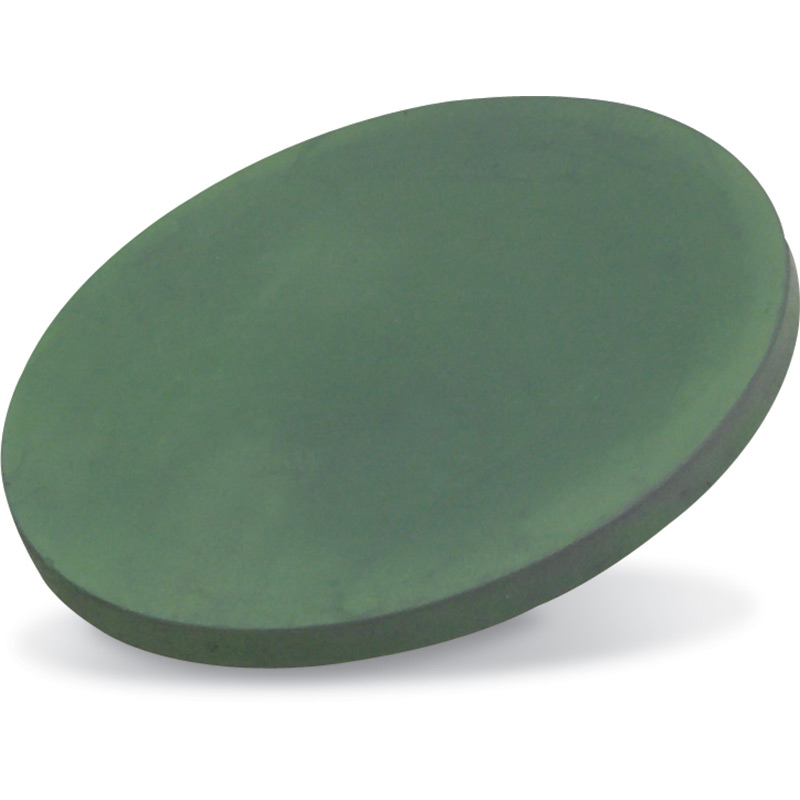Aluminum (Al) Sputtering Targets
Aluminum is one of the most common metals in the world. It can be found in kitchen utensils, cars, street lights, and the popular aluminum foil food packaging. Aluminum is a silvery-white, metallic material. It is light, malleable, ductile, and non-magnetic under normal conditions
Aluminum is one of the most common metals in the world. It can be found in kitchen utensils, cars, street lights, and the popular aluminum foil food packaging. Aluminum is a silvery-white, metallic material. It is light, malleable, ductile, and non-magnetic under normal conditions. It has a density of 2.7 g/cc, a melting point of 660°C, and a vapor pressure of 10-4 Torr at 1,010°C. Although it is not a strong material, it is a good conductor of heat and electricity and is able to form an oxide layer that is resistant to corrosion. Due to its high reactivity, it is rarely found in nature as a free element. When evaporated in a vacuum, aluminum layers form a reflective coating found on telescopes, automotive headlamps, mirrors, packages, and toys. It is widely used in the aerospace, automotive lighting, OLED, and optical industries.
Aluminum (Al) Specifications:
Material Type | Aluminum |
Symbol | Al |
Atomic Weight | 26.98154 |
Atomic Number | 13 |
Color/Appearance | Silvery, Metallic |
Thermal Conductivity | 235 W/m.K |
Melting Point (°C) | 660 |
Coefficient of Thermal Expansion | 23.1 x 10-6/K |
Theoretical Density (g/cc) | 2.7 |
Z Ratio | 1.08 |
Sputter | DC |
Max Power Density (Watts/Square Inch) | 150* |
Type of Bond | Indium, Elastomer |
Comments | Alloys W/Mo/Ta. Flash evap or use BN crucible. |

